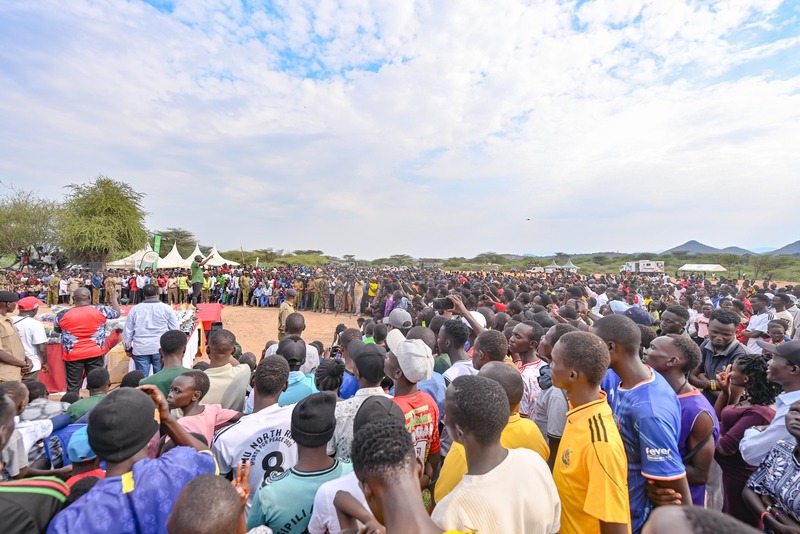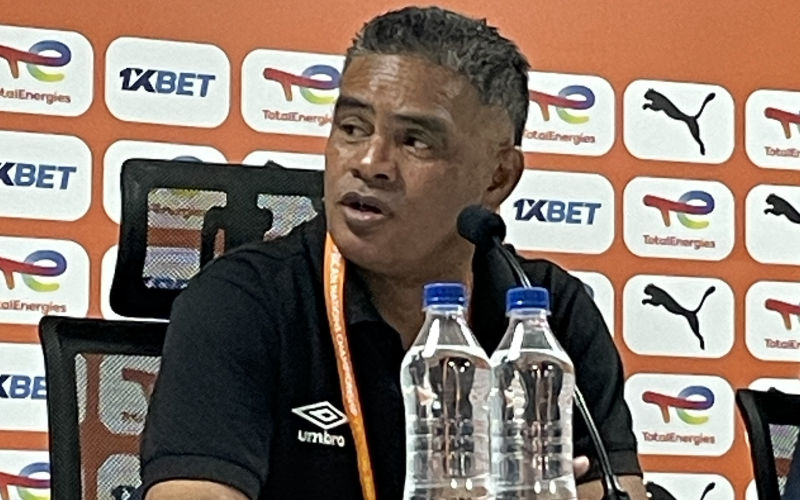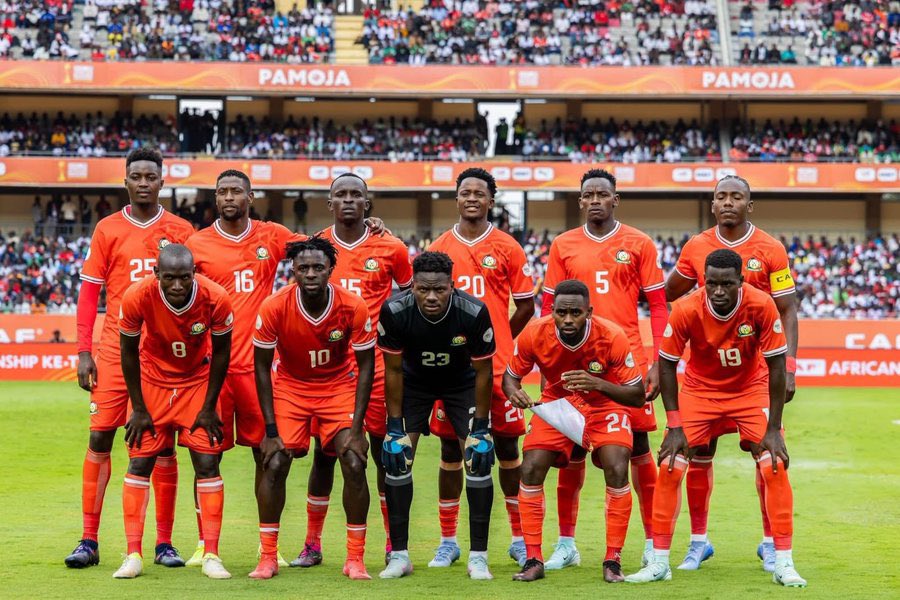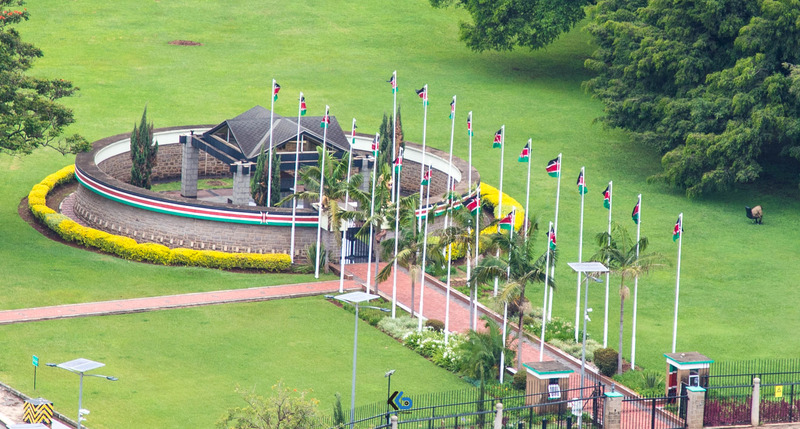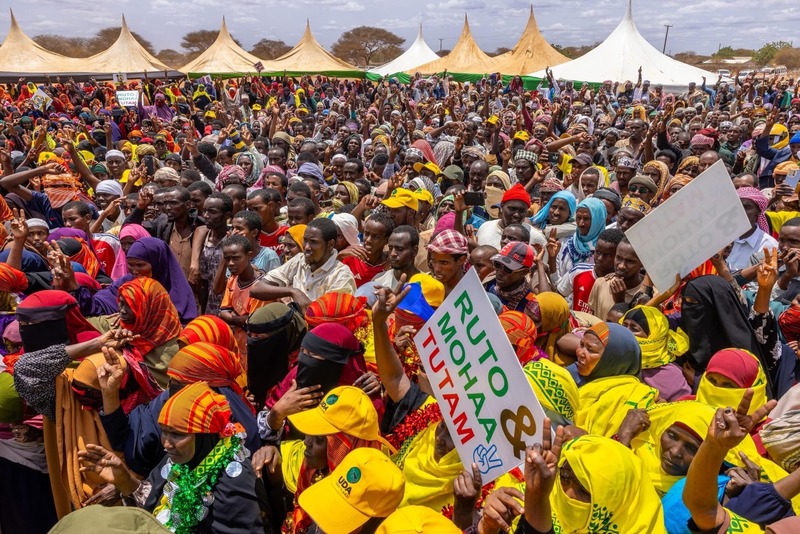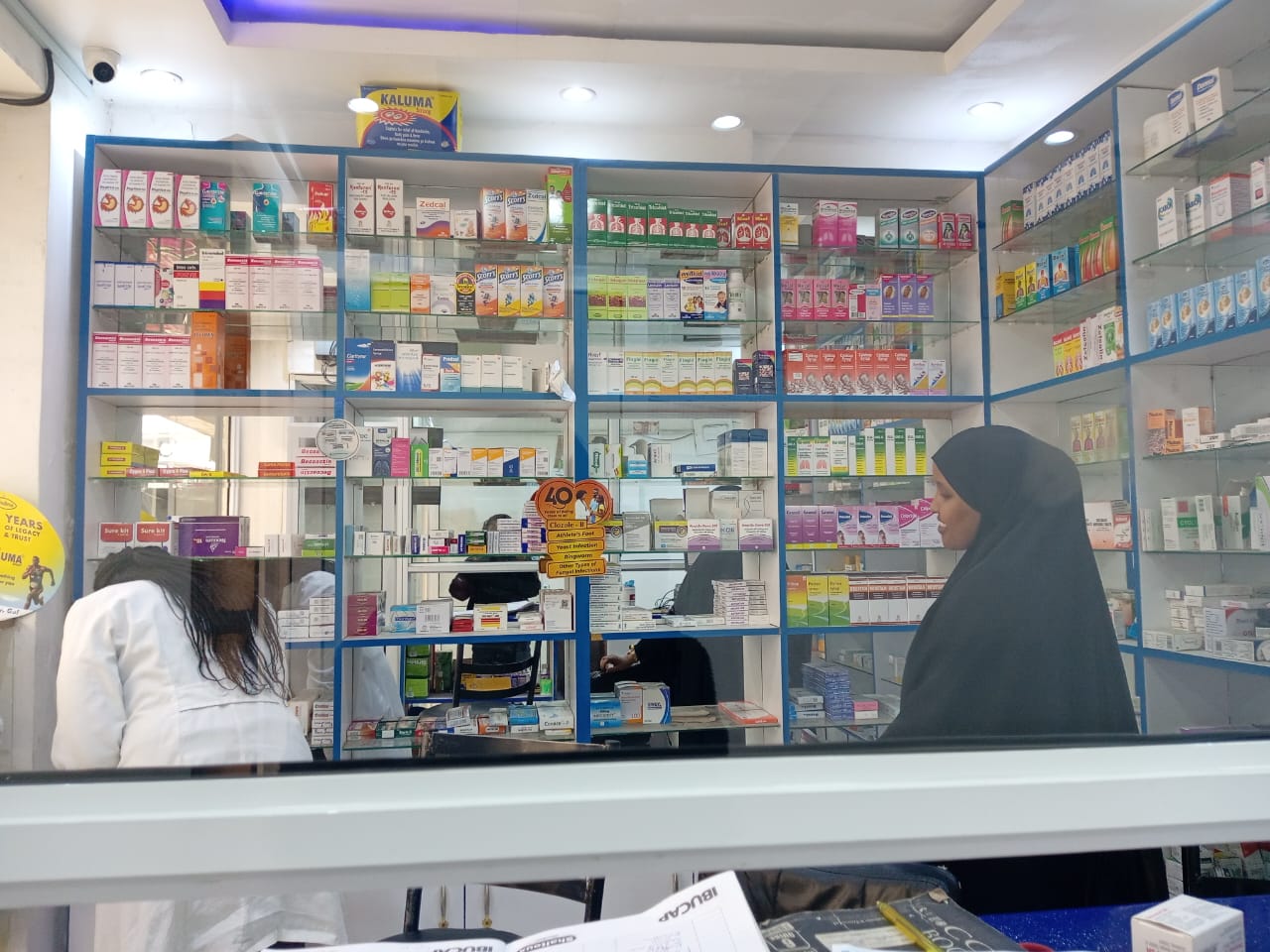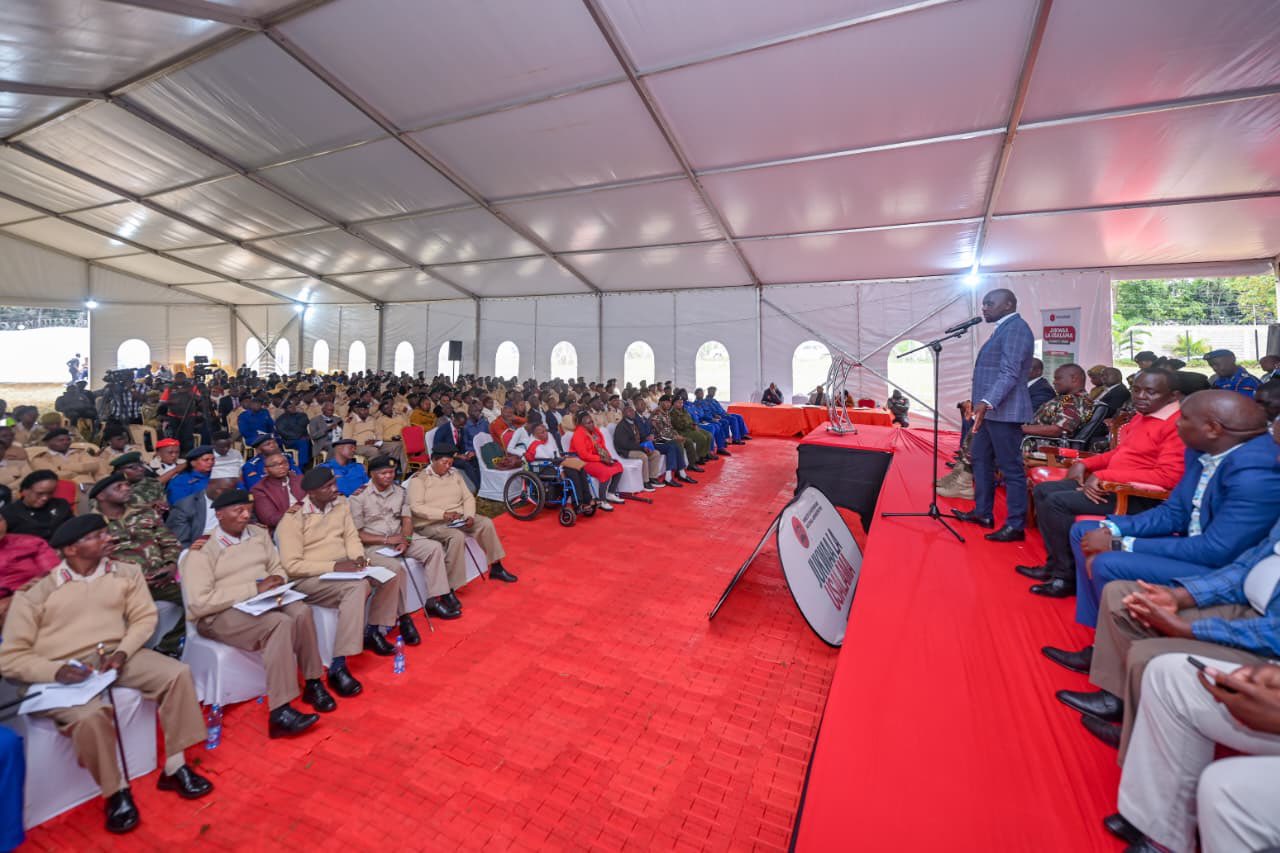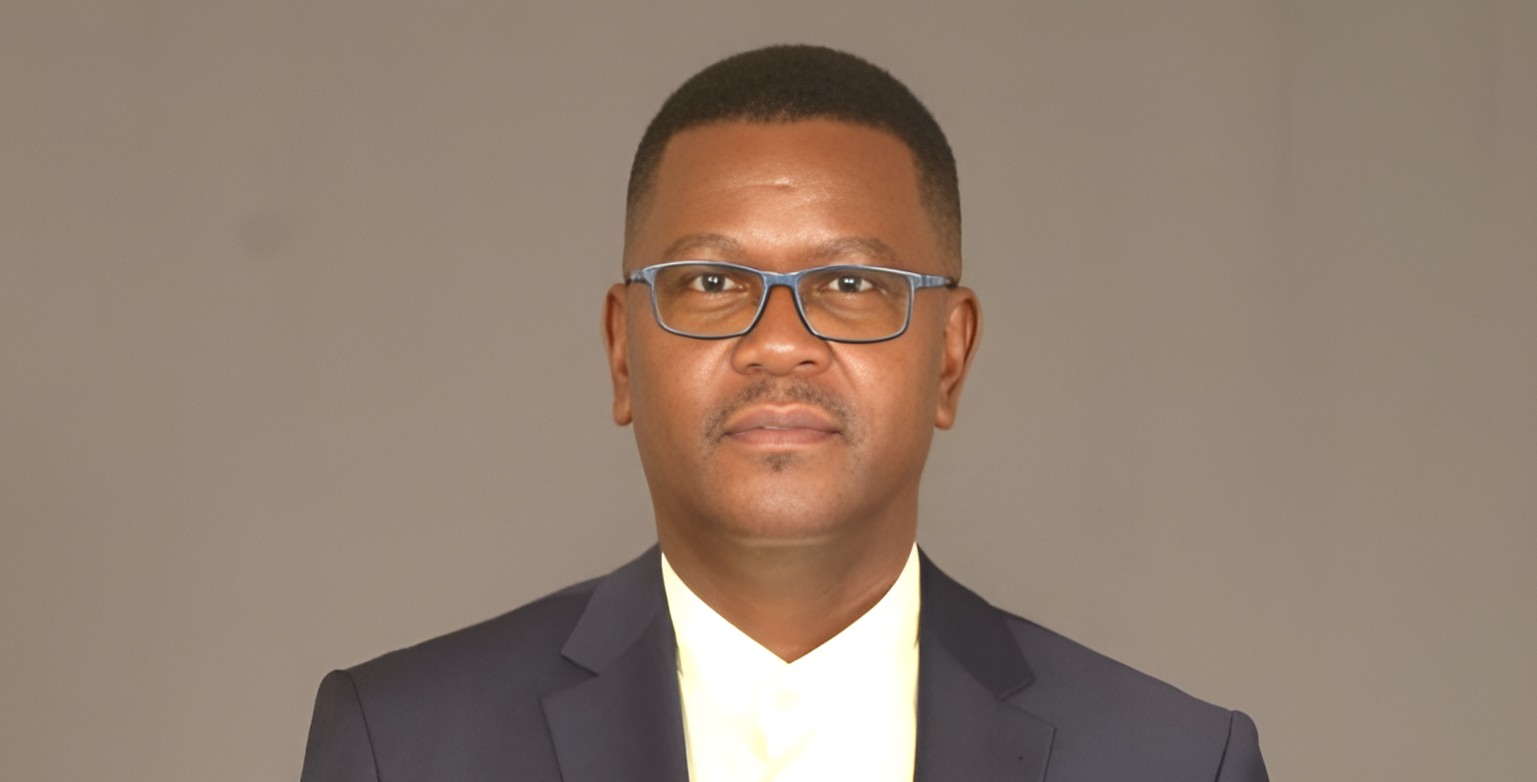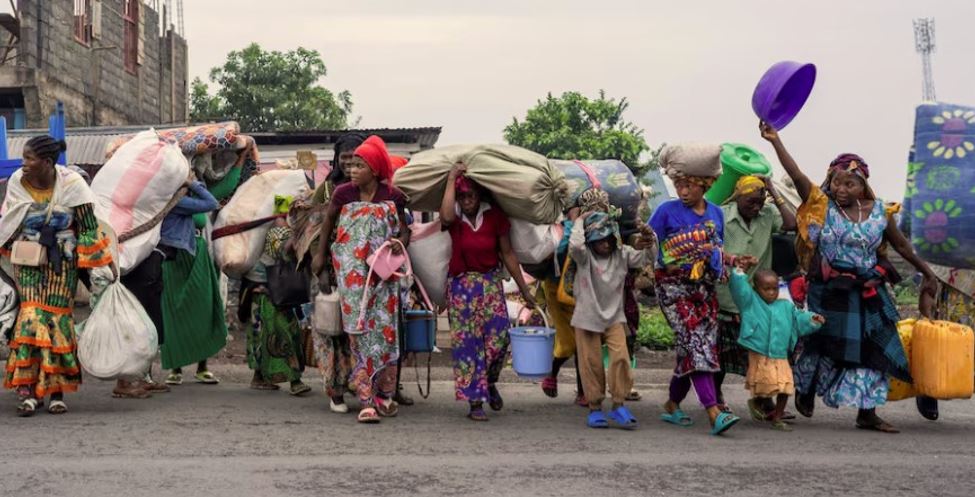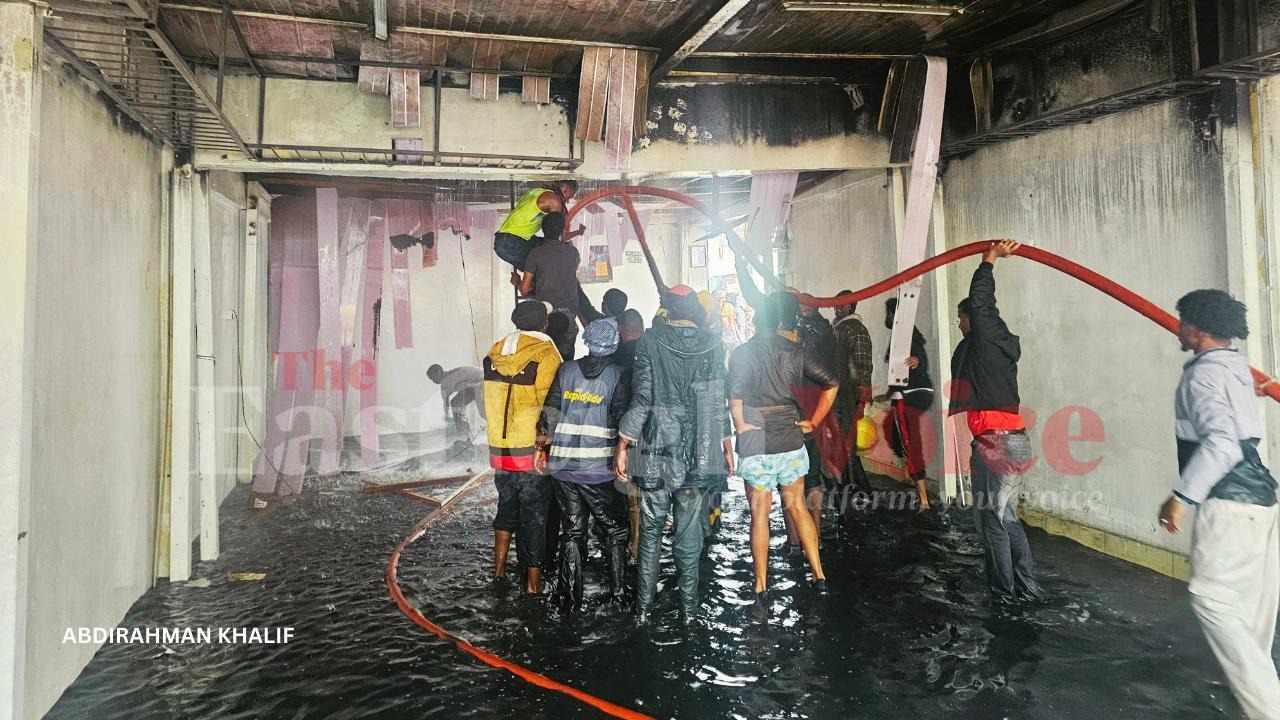Military gains, social services lose out in broad-based government's first budget
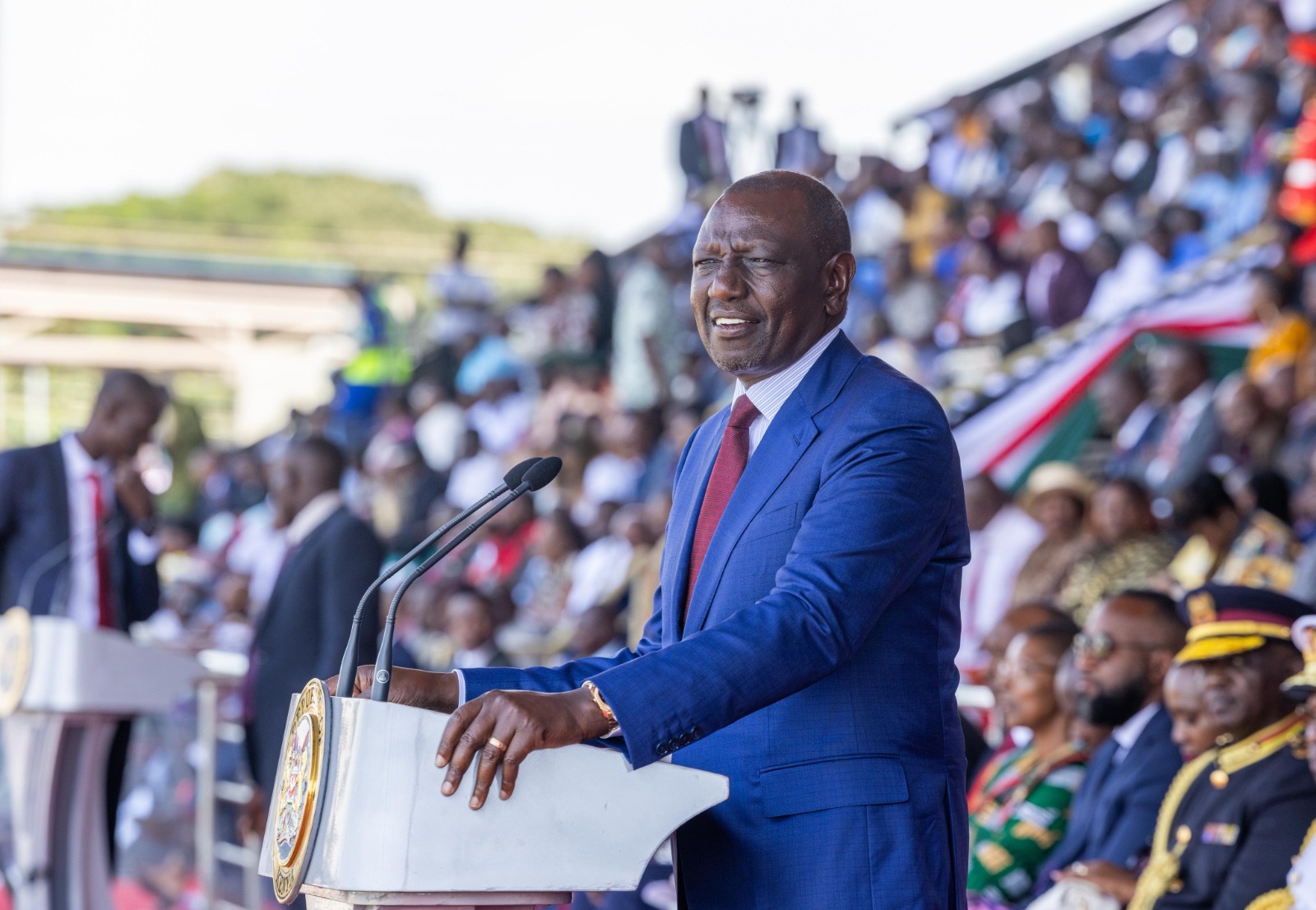
Education was hit hard, with a Sh5.9 billion reduction in capitation for public primary, junior, and senior secondary schools.
As classrooms, hospitals, and social safety nets brace for budget cuts, the Ministry of Defence is walking away with a bigger slice of Kenya’s Sh4.2 trillion budget, following its approval by the National Assembly.
MPs passed the budget by adopting the report of the National Assembly's Budget and Appropriations Committee, chaired by Alego Usonga MP Samuel Atandi.
More To Read
- Judiciary calls for budget increase, says Sh20 billion deficit crippling functions
- Kenya’s current account deficit surges to Sh66 billion - KNBS
- Counties rush to spend Sh30.99 billion disbursed before end of financial year
- Zero development funds: President's office, police, IEBC among 14 agencies starved of budget cash
- Revenue shortfall sparks National Treasury’s Sh18 billion supplementary budget push
- How Gen-Z protests forced National Treasury to cut Sh52 billion from budget
The committee's revised report allowed increased defence allocations, including a Sh6 billion hike for security operations, Sh2 billion for military recruitment, and an extra Sh5 billion for ongoing operations in Somalia. The total allocation to the Defence Ministry now stands at Sh201 billion.
This budget marks the first one under the political cooperation between President William Ruto and opposition leader Raila Odinga.
However, it has drawn attention to the sharp reductions in key social sectors.
Education was hit hard, with a Sh5.9 billion reduction in capitation for public primary, junior, and senior secondary schools.
Specifically, Sh3 billion was slashed from senior secondary school funding, Sh2 billion from junior schools, and Sh900 million from primary schools.
These cuts were aimed at covering costs for national examination administration and invigilation, which had been left out of the initial budget estimates.
In addition, the school feeding programme lost Sh600 million from its initial allocation of Sh3.6 billion.
Another Sh250 million was cut from ICT integration in secondary schools, and Sh620 million was removed from teacher capacity-building funds.
The health sector also suffered with a combined reduction of over Sh4.7 billion.
The Universal Health Coverage (UHC) programme had Sh2.5 billion slashed from the Strategic Response to Public Initiatives, Sh2 billion from the Emergency, Chronic and Critical Illness Fund, and Sh100 million from Primary Health Care.
A further Sh20 million was cut from the Disease Surveillance and Response Unit.
The government’s overall development budget was trimmed by Sh3.5 billion. Among affected areas was the Health Insurance Subsidy Programme for Orphans and Vulnerable Children, which lost Sh100 million.
The Equalisation Fund lost Sh1 billion, while Sh1.3 billion was removed from the budget supporting government-sponsored students in private universities.
The University of Eldoret’s engineering complex construction and the Open University each lost Sh250 million.
Meanwhile, the Integrated Financial Management Information System (IFMIS) budget was reduced by Sh330 million, while Sh300 million was cut from the e-procurement system.
The contingency fund lost Sh400 million, and budget reserves were cut by another Sh400 million.
Other cuts include Sh520 million from rural electrification schemes and Sh650 million from the tree-growing and rangeland restoration project. There was also a Sh500 million reduction in subsidies to private financial enterprises.
Despite some of these reductions, certain sectors gained funding. Rural electrification received an additional Sh950 million for the installation of transformers in constituencies, and Sh180 million was allocated to street lighting.
The Directorate of Criminal Investigations (DCI) received an extra Sh400 million, and police operations under the Office of the Inspector General were boosted by Sh800 million, including Sh150 million for radio communication equipment.
An additional Sh100 million was set aside for new administrative units, while the Livestock Production Support Services received a Sh100 million increase.
The State Department for Crops received Sh430 million for the Agriculture and Food Authority (AFA) to provide seeds and seedlings for priority value chains, and Sh350 million for food security and crop diversification.
The Office of the Data Protection Commissioner (ODPC) got an additional Sh100 million to strengthen data awareness and build capacity for data controllers and processors.
The Media Council of Kenya was also allocated Sh100 million for media monitoring, content regulation, and operations of existing ICT media centres.
Top Stories Today

